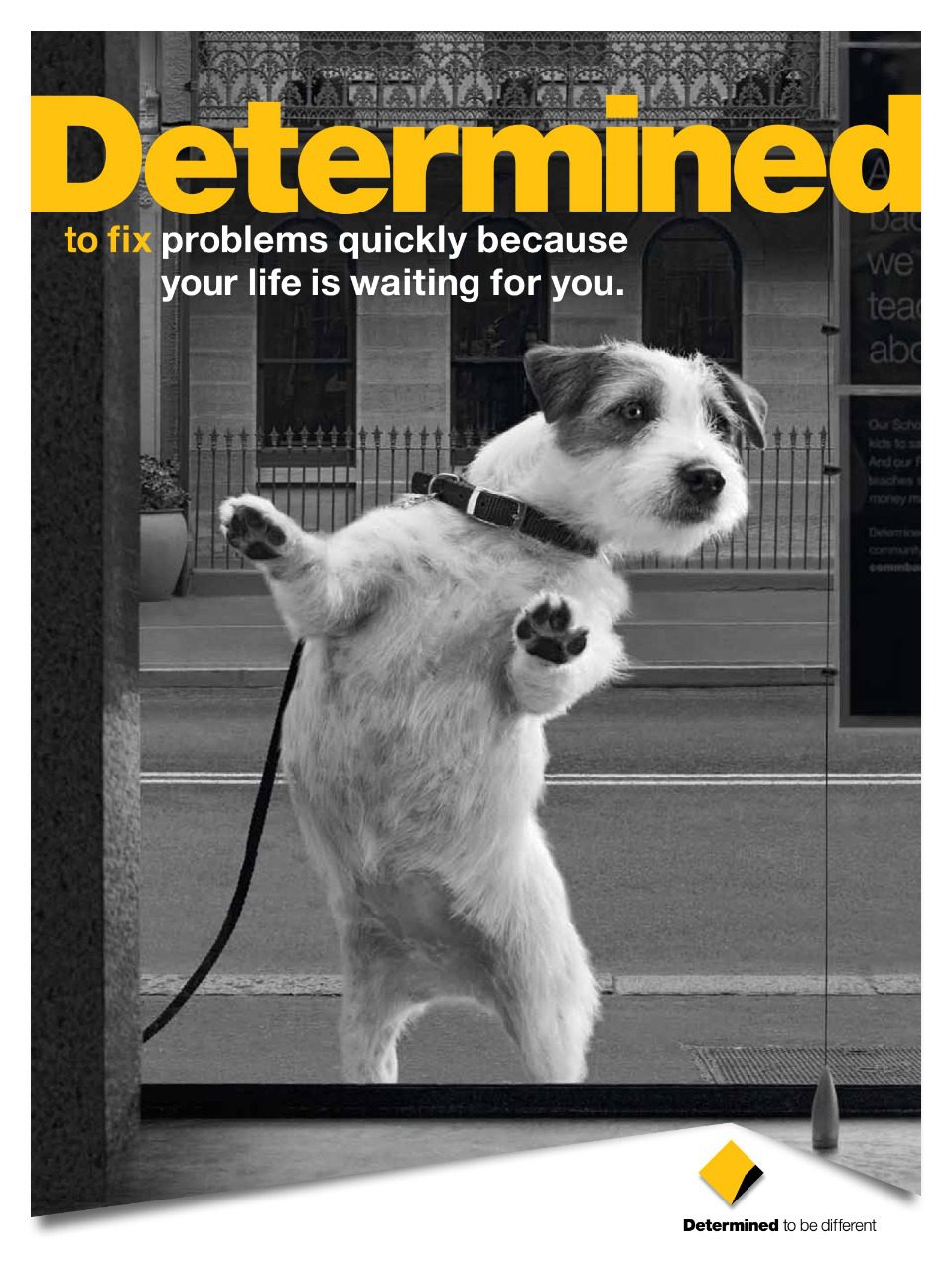ANOULACK CHANTHIVONG, MEMBER FOR MACQUARIE FIELDS: Well good afternoon, Anoulack here, Member for Macquarie Fields, Shadow Minister of Finance, Industry and Trade and today or this week rather, is Australian Made Manufacturing week. It’s important, domestic manufacturing to our economy, it employs firstly, 250,000 people in NSW alone, contributes $100 billion to the Australian economy, an industry we need to grow. I’m delighted today to be joined here by Chris Minns, NSW Labor Leader and also Charlie Eilbeck, a fourth generation Australian family, a great company of Eilbeck Heavy Machinery and Cranes. I might ask Charlie to say a few words about this great company and how important it is for domestic manufacturing for our local economy.
CHARLIE EILBECK, EILBECK HEAVY MACHINERY: Thanks, Annoulack, Charlie Eilbeck part of Eilbeck Cranes, the business and the family. Yeah, we’re a 100 per cent privately owned manufacturing organisation in Australia. Tom Eilbeck is still active in the business, he’s my father, we’ve been manufacturing here for 115 years. We’re continually growing, continually developing in this business. Here we’re in a new facility, we’ve invested about $20 million of private capital into this Australian market and Australian manufacturing. You see our sign out the front here it talks about Australian made, that’s who we are and that’s what we’re investing in. So I’d like to thank Anoulack and thank Chris for coming out to see us today and thank you all for watching.
CHRIS MINNS, NSW LABOR LEADER: Thanks so much, Charlie, thanks so much Anoulack and for all of you for being here at Eilbeck, what an amazing Australian company, 100 per cent Australian owned, been operating for over 100 years. And as Charlie said, the big symbol on the front of the building ‘Australian made’, I think it’s a real symbol of what’s possible in this country with Australian made know how and engineering and world class attention to detail, as well as the innovation that comes from an Australian made company looking at opportunities not just for the domestic market, but also for markets overseas. We believe, Anoulack and I believe that NSW is great at making things, we believe in domestic manufacturing, but it does need a helping hand from the NSW Government. That means support when it comes to the manufacturing of domestic transport infrastructure. So many of those great projects could have been built right here in Australia with the amazing machinery and know how of companies like this one right here, instead they were sent offshore. We’d like to see more companies like this grow and explode in terms of their workforce, in terms of their opportunities in the marketplace, but also competitors to Eilbeck right throughout Western Sydney, the Hunter Valley and regional NSW. We think we can do it, but it does require a change in direction from the NSW Government. We’re going to have more to say about our domestic manufacturing plans as we get closer to the election. But I think it’s worth noting in Australian Made week that we’ve got amazing know how right here in NSW, we’ve got an excellent education system, we’ve got innovative leaders like Charlie, but it does require someone to have belief in what’s possible in this state. That’s what we hope to bring to the table as we approach March 2023.
Look, there’s a few other things on the agenda at the moment. I want to make a few comments about the Perrottet Government’s comments and policies in relation to health care workers and the recruitment of additional health care workers in our public hospital system. Look, I do know that the ambition to employ 7,000 extra workers will be very difficult to achieve particularly when you consider at the last state election, the government promised 5,000 additional nurses, they’re still 2500 positions short from their previous promise at the last state election. If we’re going to employ an additional 7,000 healthcare workers we have to do it in a tight labour market, in a crowded field when it comes to the recruitment of nurses in particular. We know the Commonwealth Government’s going to be employing over 10,000 nurses in the next 18 months, we know the NSW Government hasn’t been able to achieve its previous target and achieving 7,000 extra workers in a tight labour market with constrained wages it will be very difficult. So I’m asking Mr. Perrottet today to explain to the taxpayers of this state how they’ll achieve that significant increase in health numbers where they will recruit from, how they’ll get them into the public hospital system. I think the devil is in the detail here and we need to understand more how that policy will be run out over the coming 12 months or 18 months. I don’t want this to be just an announcement to make prior to the next state election, have that election come and go and the be in a similar predicament as soon as voting is finished in March 2023. We need to make sure that we’ve got long term solutions for the workforce in our public hospital system, and we need to make sure it can be done in a credible, growing way to keep pace with the health needs of this state and the people of NSW. That means transparency from the NSW Government and innovative policy no doubt.
In relation to the changes to the wages policy released by the NSW Premier earlier today, look, it’s better than nothing. We still believe that the current system of bargaining between public sector workers and the NSW Government is fundamentally broken. It’s discouraging, for compromise between public sector workers and their unions and the NSW Government. It doesn’t contribute to productivity in the NSW economy. We think there’s a better system in this state that can deliver fair wages for frontline workers, can give productivity for the NSW Government and deliver world class public services to the taxpayers of NSW but it does require a change in policy and direction from the NSW Government. I think this confrontational approach that prioritises lawyers fighting it over in the industrial courts is not the way to go. We’re encouraging the NSW Premier to think outside the box in terms of a fair wage deal for the frontline workers in the state.
In relation to the $3,000 that’s been promised to frontline health workers, no one would begrudge that payment to the people who worked so hard during the pandemic. I do have to ask about NSW police officers too, that had to police the pandemic orders over the last two years. I saw multiple reports of young police officers including policewomen who’ve been spat on and coughed on by people who live right throughout Sydney and NSW, who were against the vaccination laws or the orders as they applied to Western Sydney in particular. I think they’d be looking and feeling particularly short-changed in response to the government’s planned $3,000 bonus for health workers, particularly first responders, also on the north coast, they had to risk life and limb protecting people and saving lives in the recent floods in Lismore and the Tweed Valley. We want a fair system that looks after the frontline workers in NSW that can deliver, obviously wages growth over the longer term but also delivers productivity for the NSW taxpayer. I think the old system is broken and it needs a re-think from the NSW Government but it does require a better way.
I think all three of us are happy to take questions.
JOURNALIST: [Inaudible] give police more powers to target unexplained wealth of the state’s underworld figures?
MINNS: I think this is a huge mistake from the NSW Government. The delay in the implementation of this law is important in terms of arming the police with the tools that they require to go after unexplained wealth from organised criminals in the community. If someone’s got a Maserati or Ferrari and a waterfront home and they’re technically unemployed, they need to explain where the source of that wealth came from, particularly if police through intelligence networks identify them as being involved with the drug network. Now we know that these laws are in order and in place in Western Australia, we know that the NSW Police Force has been calling for them for many months and we also know that for some reason, they’ve been blockaded inside the NSW Government. You cannot turn your back on organised crime, not for one minute, it’s insidious and once it takes root within a community it’s very difficult to eradicate. Going after the source of that wealth is one of the best ways globally, in other jurisdictions to go after organised crime. Hit them where it hurts, right where they park their Maserati’s or walk into their waterfront homes.
JOURNALIST: I know you said you would announce details closer to the election but how do you perceive if you win in March you will make local manufacturing [inaudible] say you got a local transport infrastructure, you can see yourself requiring a percentage to be Australian made completely or certain components? How do you think you’d approach something like, for example, a new metro in the west?
MINNS: The reason we need to announce these policies closer to the next state election is we need to interrogate the contracts that have currently been led out to the private sector, in particular for the replacement of the Tangara trains, the Metro West proposal and the Metro linking St. Mary’s to the second airport. We need to understand exactly where those contracts are, how far they’ve been led to the private sector, because I don’t want to make promises that I then can’t deliver if the contract is in place. I’m very concerned from speaking to market participants and those who are thinking about bidding on those projects that as it stands today, there’s no local component and no requirement for any of those bidders to have a local jobs component in NSW. I think that’s a huge, wasted opportunity for NSW. I think it needs a rethink from the government and obviously we’re going to take it to the next election. But if we can, I guess short circuit that proposal and someone in the NSW Government decides to back domestic manufacturing, that’s good news for the state regardless of the outcome of the next state election. I’ll also point you to what’s happening in Queensland and Victoria, where they’ve got substantial domestic manufacturing quotas and targets and procurement components of their contracts. They’ve now got trade training centres, they’ve got projects that have been built onshore and creating thousands of jobs for their communities. We want to see that right here in NSW.
JOURNALIST: Do you think the Treasurer today just on the wages cap and the thank you payments, should have released the cost of how much those combined policies will actually hit the budget or is it fair to say well, you’re gonna have to wait until June 21?
MINNS: I thought that the announcement was a little bit curious. Obviously, they haven’t provided the financial details relating to how much it would cost the NSW taxpayer, we would expect that to be released at the same time that the policies announced after all, as you would know, we’ve seen in minute detail how much the proposed costs of union proposed plans would be, they seem to be released almost on a daily proposal, but when it comes to how much the actual NSW taxpayer has to pay, rarely, it’s released. So we’d like to see those details released prior to the budget. At the end of the day, day light and some level of community and public scrutiny of government policies is important for the budget process, that lets everybody understand what the overall cost would be and what the impact on the economy would be, whatever policy decision the government decides to take.
JOURNALIST: [Inaudible]
MINNS: I haven’t the opportunity to examine in detail the findings from ILGA or the proposed, I guess, restrictions on the license for Crown. I’d like to look at them a little more closely before I offer a commentary on it. Obviously, it needs to be scrutinised by the NSW Cabinet, and I’m unaware of how much information as to the changes to that contract, or the license agreement has been released to the general public. So we’d reserve our right in relation to that. Obviously, it’s at the Cabinet decision stage and I urge the NSW Government to release whatever details they’ve got so that we can scrutinise what the implications of that change to the license would mean for gambling in NSW.
JOURNALIST: [Inaudible]
MINNS: Obviously when it comes to the license agreement between Crown and the regulator, many details need to be ironed out between the potential proponent of the other casino license and the NSW Government. I don’t have access to those details and I’d want to see them closely and more closely before we make a public declaration about that.
JOURNALIST: Can I just get your gut feeling is on three per cent, were you expecting more?
MINNS: I think at the end of the day, it’s important that there’s a start in relation to wages and conditions. We think that the system’s broken between the NSW Government, it’s better than nothing, but I’d still urge the NSW Treasurer and Premier to sit down with frontline workers and think about constructive ways of dealing with retaining workers in our frontline public service positions, while at the same time dealing with the rising cost of living which is burning a hole in the back pocket of the families of this state.
JOURNALIST: Three per cent is well below inflation, it’s nowhere near what teachers nurses and paramedics are calling for, so do you think three per cent is enough?
MINNS: Well, as we’ve said all along, it’s not just in relation to wages, it’s also in relation to classifications and conditions. We’d much rather see a productivity based framework and as when you’re left with a rigid cap, you’re not going to see productivity gains within the public service, and that’s what we’ve had in NSW for the last 10 years. The best way of confronting inflation in the wider economy is to make sure that we have productivity gains from our frontline workers, that’s effectively been restricted by the NSW Treasurer and Premier. So I’d like to see a complete rethink in relation to the negotiations between the government and frontline workers. Seems like when things are good, it’s too expensive to give frontline workers a pay rise and when things are bad, it’s too expensive to give them a pay rise as well. We need to come up with a better model that protects the taxpayers and has fair increases for the work our frontline workers do.
JOURNALIST: Back to the extra healthcare workers, you said that you don’t think the NSW Government would be able to recruit the required nurses, what would Labor’s plan be? Do you think some of these recruits should be sent to the regions?
MINNS: Well, clearly some of the recruits will need to go to regional and rural hospitals. That was the clear recommendation from the Regional Health Review that came down last week. It was bipartisan, endorsed by all sides of politics. We’ve got a crisis when it comes to regional care, so any new workers that come into the system, a proportion of them will have to relocate to regional NSW. I think that a staged process in relation to recruiting workers is obviously important, but to do that, in the constrained labour market is going to be difficult for the NSW Government, particularly when it comes to health care workers when we know the Commonwealth is going to recruit over 10,000 in the next 18 months, and the government has not been able to fulfill its previous pledge at the 2019 election. I understand it’s a difficult set of circumstances, I’ve never pretended that the government needs to perform miracles, but the Premier himself has set himself a 12 month target to recruit 7,000 frontline workers, I’d like to know how he’s going to do it.
Thanks everyone.
CHRIS MINNS MP
NSW LABOR LEADER
ANOULACK CHANTHIVONG MP
MEMBER FOR MACQUARIE FIELDS
SHADOW MINISTER FOR FINANCE
SHADOW MINISTER FOR INDUSTRY AND TRADE


















